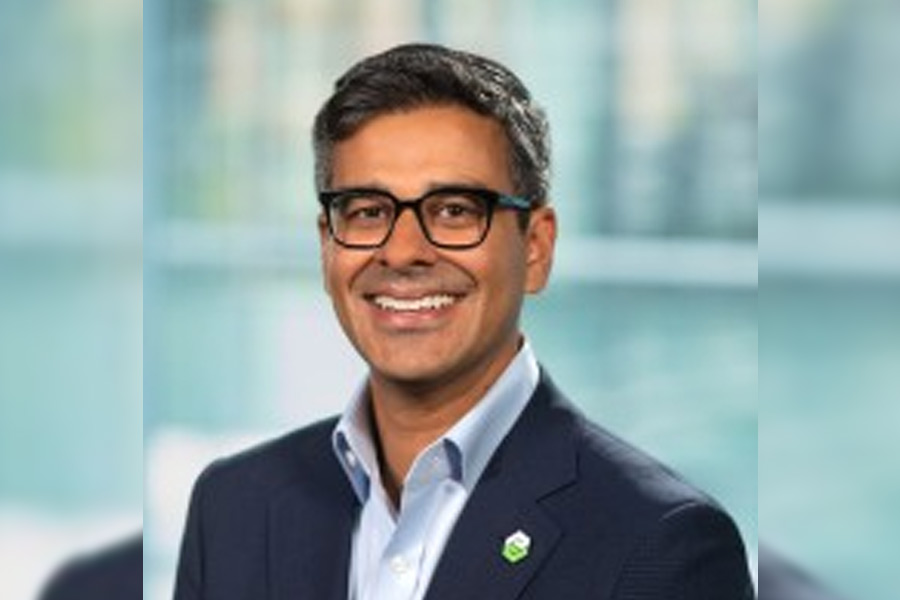Despite the slump in the Indian automotive industry, Neil Barua, newly appointed CEO of PTC, a Nasdaq-listed global software company that, among others, provides product development software to global automakers like Volkswagen, BMW, and Toyota, said India is the right place to be now.
Since taking over as the CEO and global head in February, this is Barua’s first visit to India.
He was visiting Bengaluru as part of his India tour. Apart from Bengaluru and Pune, PTC has offices in Chennai and Gurgaon in India.
PTC began in India as a research and development centre in Pune about 25 years ago, which is now the company’s largest site and R&D hub.
"We started in India as an R&D centre producing software in the country, not just being back office. And we’ve expanded that significantly. We’re going to continue to reinforce that," said Barua in an interview to PTI in Bengaluru.
Barua said India, despite the current setbacks, will play an increasingly bigger role in facilitating the world economy.
"PTC wants to be playing a part in supporting that. I think it’s a very important thing for the company’s success," said Barua.
He also said his company is excited to be facilitating the trend that is defining the automotive industry at the moment – software defined vehicles (SDV) – by offering integrated solutions for automobile brands so that hardware subsystems that sense and act are closely integrated with the software.
"In India, we are working with Tata Motors, TVS Motors and Royal Enfield," added Barua.
He said the current turbulence in the automotive market -- due to the struggle of original equipment manufacturers (OEM) like Ola in putting together a cohesive SDV -- is perfectly timed for PTC’s expansion in India.
"Such software has to have a huge amount of discipline traceability and requirements management. One of the hallmarks of our software is that they adhere to compliance that is built by governments around the world.
"This is also why the demand for them is beginning to be very strong here in India because that discipline is needed in any situation, regardless if the regulatory bodies are strong and are enforcing those," said Barua.
Although 95 per cent of Fortune 500 discrete manufacturing companies are PTC customers, the strategy in India for PTC, is to stay focused in the verticals that allow them to have real depth in their offerings to customers, he said.
"So, that’s how we’ll position ourselves. If we get too excited too quickly, because India is a big market, that may not work for us. Our continued investment in India will focus around a few key verticals like aerospace and defence," said Barua.
What makes India stand apart from China is its openness to work with other countries, he said.
"I think that is a difference from what I see in the Chinese market, which is geopolitically a bit more closed to the Western world. But because of the openness, Indian companies proliferate across the world," said Barua.
Another interesting trend that keeps India ahead of the curve is also its openness to global capability centres (GCC), added Barua.
"Here, we are building a curriculum to keep teaching the youth with your government support. I think that’s creating educational experiences with brands that are global and an ability to work with colleagues that are global. It’s a very important advantage," he said.
Except for the headline, this story has not been edited by The Telegraph Online staff and has been published from a syndicated feed.












